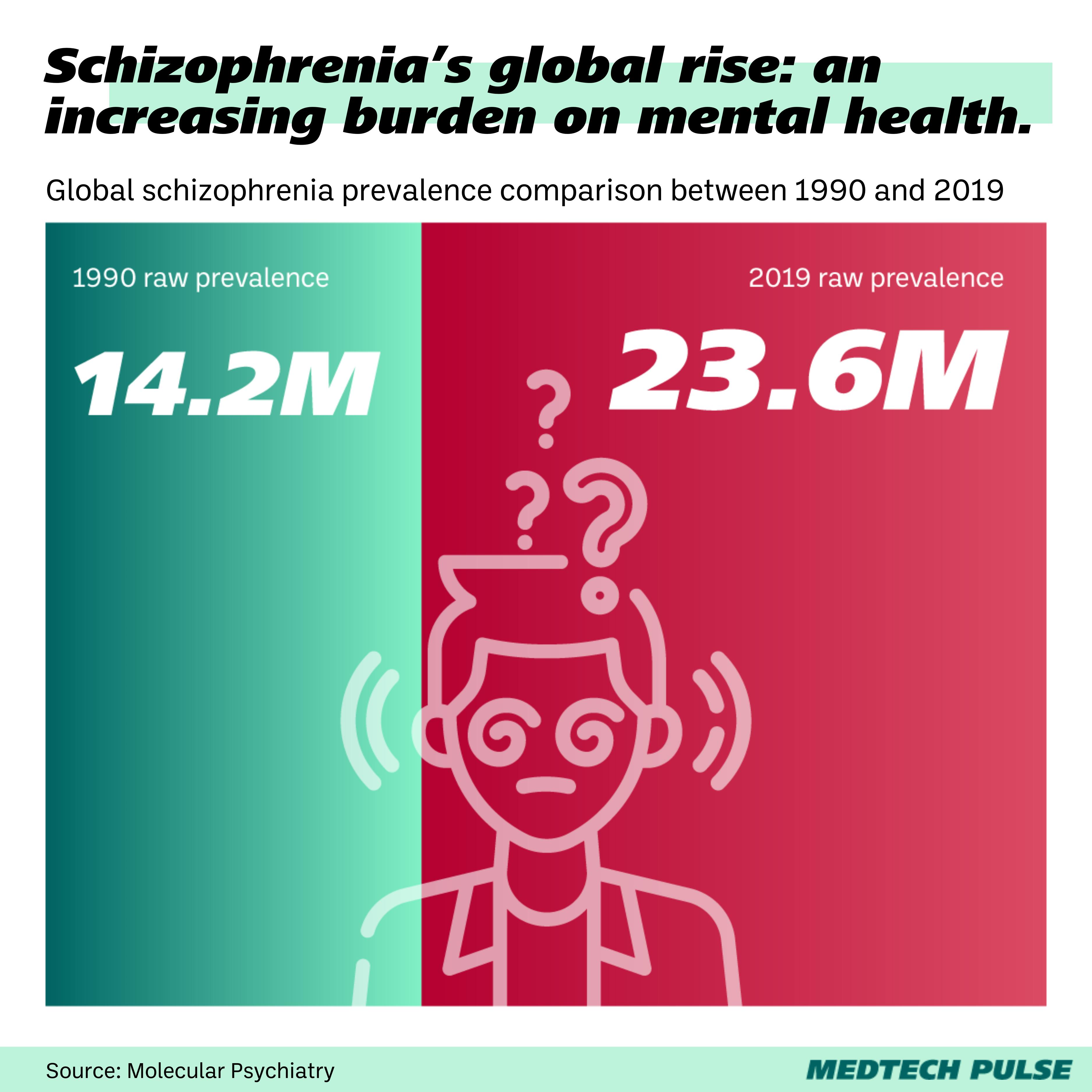Hearing voices? Digital avatars can help
One of the most distressing parts of psychosis is auditory hallucinations. Now, a new digital therapy may be able to change that.
Digital avatars for psychosis: A new study suggests that externalizing the voices people with psychosis hear may be a useful therapeutic approach. How to externalize those voices? By digitally animating them.
- The multicenter trial in the U.K. found that 16 weeks of digital avatar therapy lessened how distressing auditory verbal hallucinations are as well as their severity and frequency.
- How it works: Patients talk with an animated head and voice representing their hallucinations. They work with their therapist to create the avatar, so it’s as faithful a representation of their voice as they can get. From there, it looks like fighting back, out loud, against the distressing voice, disarming its mystery and power.
- The study authors believe their approach is the first to directly lessen the effects of these auditory hallucinations—and sustain that impact.
Taking auditory hallucinations seriously: The stigma around schizophrenia and other psychiatric disorders may make many people believe that auditory verbal hallucinations are strange but ultimately harmless. That couldn’t be further from the truth.
- Without treatment, these voices often are abusive, frightening, and incessant, which further contributes to mental health deterioration.
- Previous attempts at treating auditory hallucinations with drugs or cognitive behavioral therapy (CBT) have yielded less than stellar results.
- The study represents a new approach—along with a shift in psychiatry toward taking auditory hallucinations seriously instead of dismissing them as trivial.
This all comes as the global prevalence of conditions like schizophrenia continues to grow, with more people than ever diagnosed and looking for respite.

Our takeaways: We’re eager to see how this targeted use of a digital therapeutic may come to be more generally available as trials continue.
- Avatar therapy is actually not completely new—the first pilot study took place in 2013.
- Now, with a multicenter trial, the approach is gathering steam. All in a time when other mental health digital therapeutics are becoming more common and accessible.
- However, as with some digital therapeutics companies which have failed to convince payers and regulators alike to get onboard, not everyone is convinced of digital avatars. Critics voice concern about the study results’ reproducibility, arguing that the media coverage and AI involvement have hyped the story up beyond its merit.
- We’re eager to keep seeing the technology help real patients, especially once it’s tested more broadly in NHS settings. And whether it’s through this DTx innovation or another, we’re heartened by the increased attention and respect these stigmatized mental health conditions are receiving.